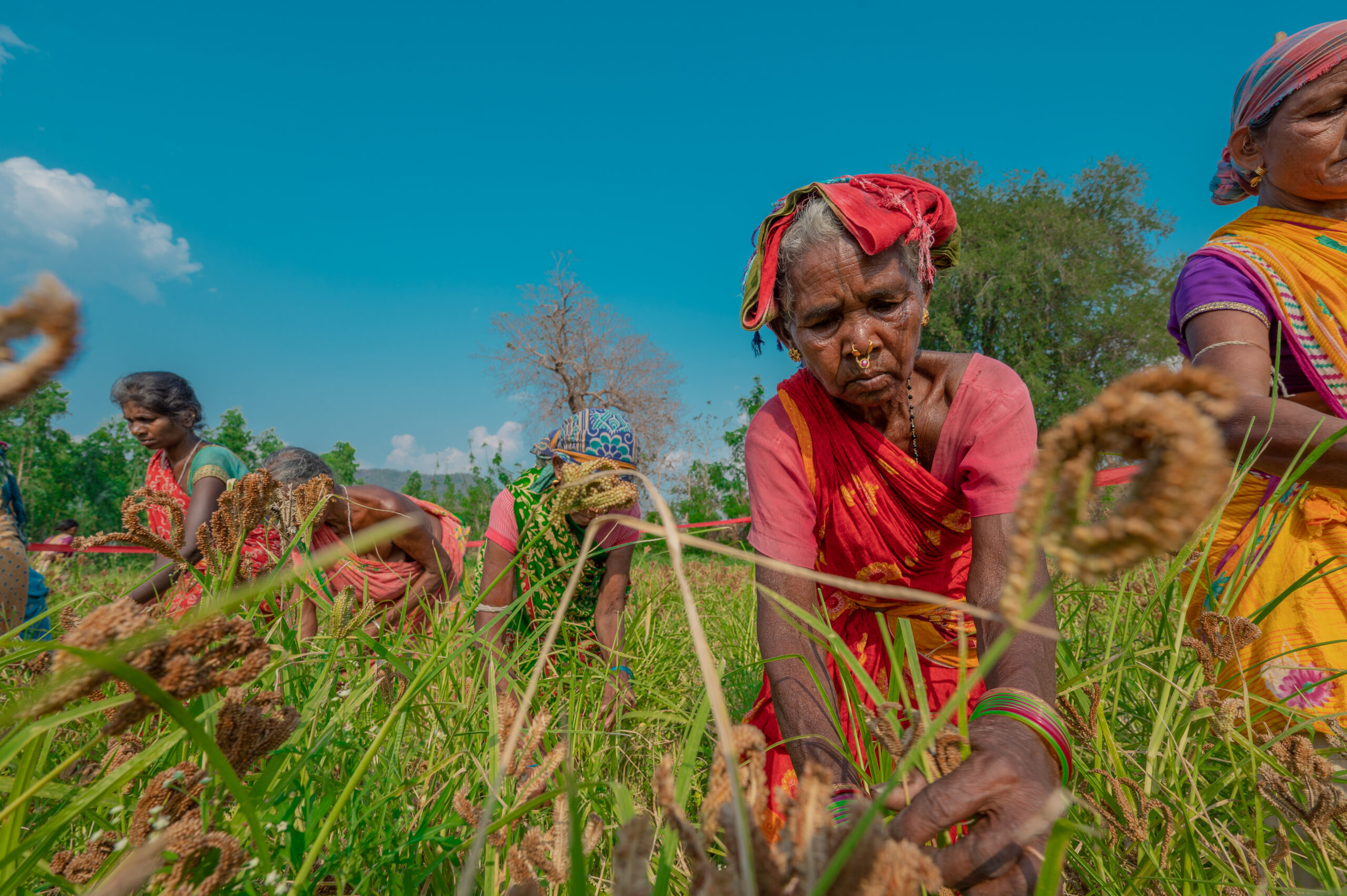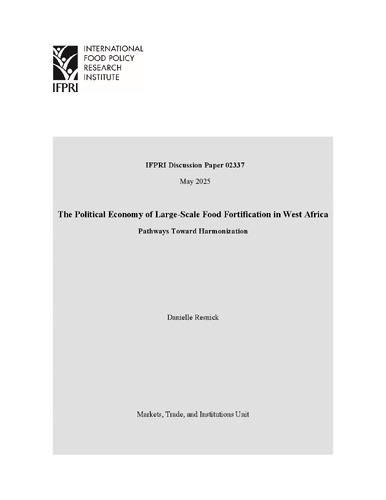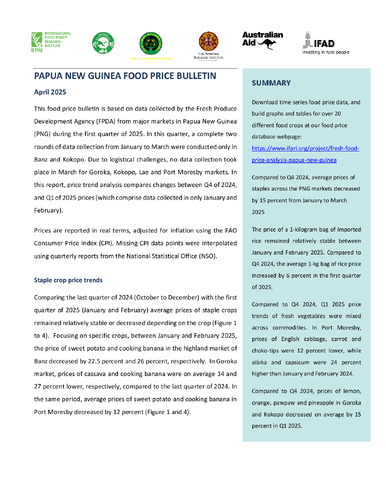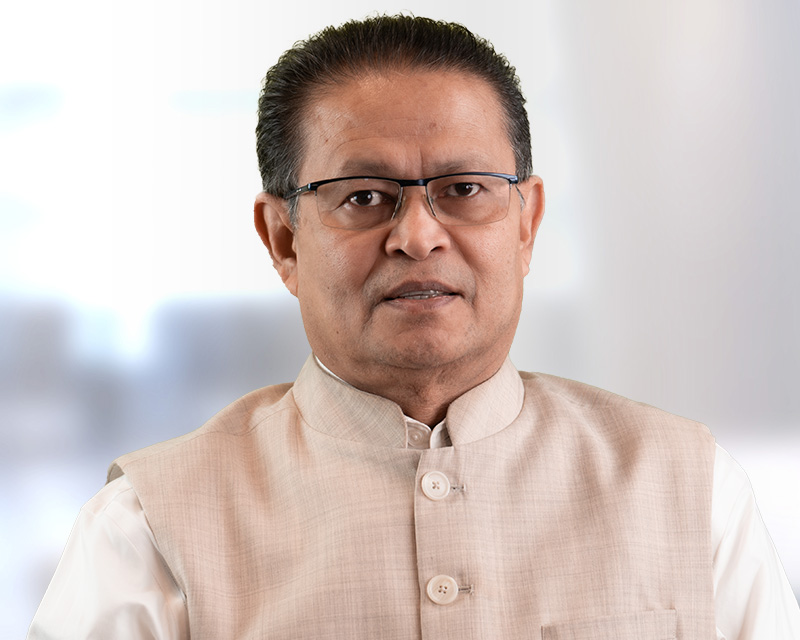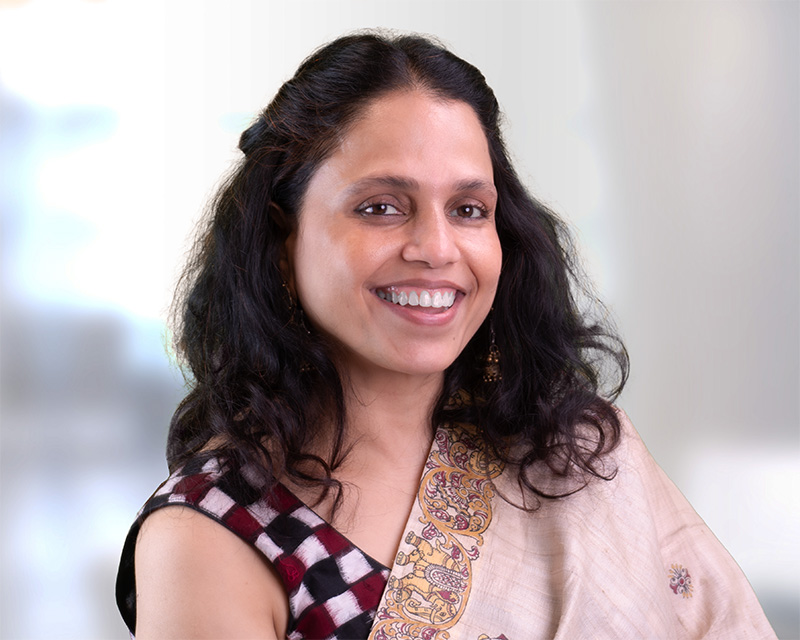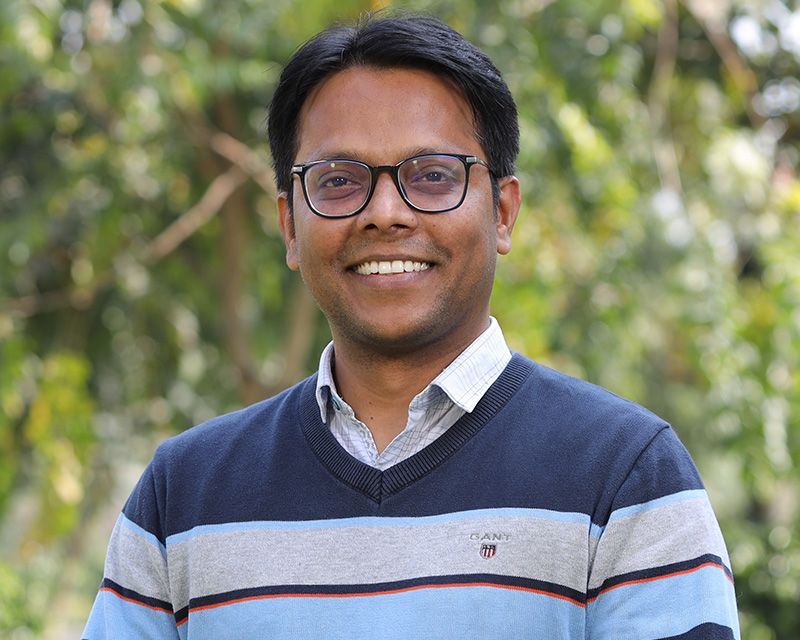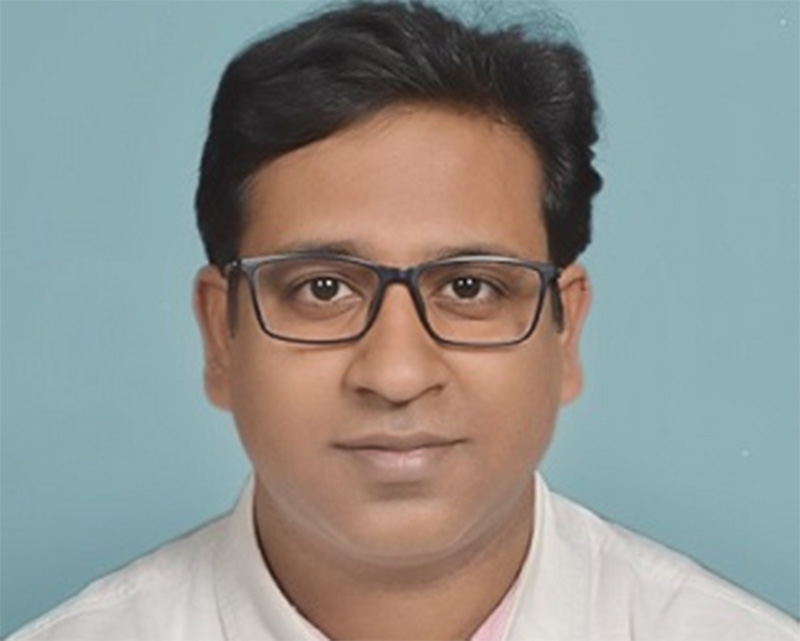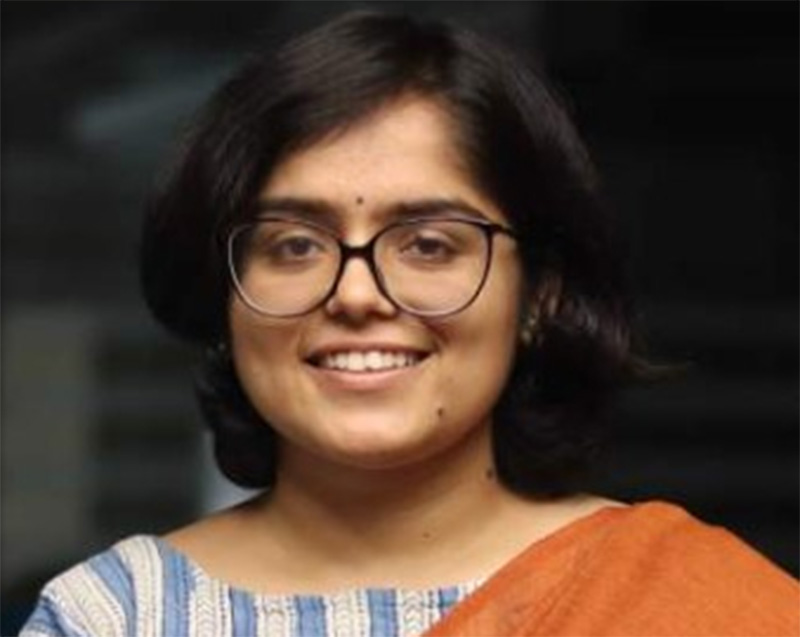Odisha has made significant strides in its journey in agriculture through initiatives such as the Samrudhi Agricultural Policy-2020, digitization of its key development schemes, developing farmers database-Krushak Odisha, Livestock Master Plan, KALIA direct benefit transfer, and Integrated Command and Control Centre. However, there exists a gap in development and utilization of metrics to track and assess the progress of agri-food system transformation in relation to its inclusiveness and resilience.
To address this, the FASTR project with support from the Gates Foundation is co-developing with Odisha’s Department of Agriculture & Farmers’ Empowerment (DAFE), a set of IAT indicators at state and farmer household levels that will contribute to the state’s data-based decision-making strategy. Using data from both secondary and primary sources (including data from implementing partners in DAFE), these automated indicators will be embedded in the ADAPT Dashboard and will be reflected in the Integrated Command and Control Centre (Krushak Samiksha Kendra). Further, to ensure data quality the project will involve data validation through triangulation by using multiple data sources and surveys, focus group discussions, and key informant interviews, wherever required. This will ensure robustness and provide valuable insights into the on-ground realities and perspectives of farmers
IFPRI will also support in building the capacity within the DAFE to continue this in future and develop an ecosystem of understanding of the significance and benefits of these IAT indicators through some use cases and convenings.
Since capacity building is also one of the key component of the project, IFPRI will collaborate with the Government of Odisha to train officials on analytical tools and methodologies. Additionally, a partnership with Odisha University of Agriculture and Technology (OUAT) will facilitate collaborative research and capacity building activities.
Policy engagement and outreach will be crucial for the success of this project. IFPRI will actively engage with policymakers, stakeholders, and the broader research community through workshops, presentations, and publications in peer-reviewed journals. The project will also explore opportunities for South-South diffusion of the learnings and innovations developed in Odisha.
This project will contribute significantly to evidence-based decision-making in Odisha’s agricultural sector. By developing and implementing IAT indicators, the project will provide valuable insights into the impact of policies and programs, enabling the state to make informed decisions and achieve its goals of inclusive and sustainable agricultural transformation.




